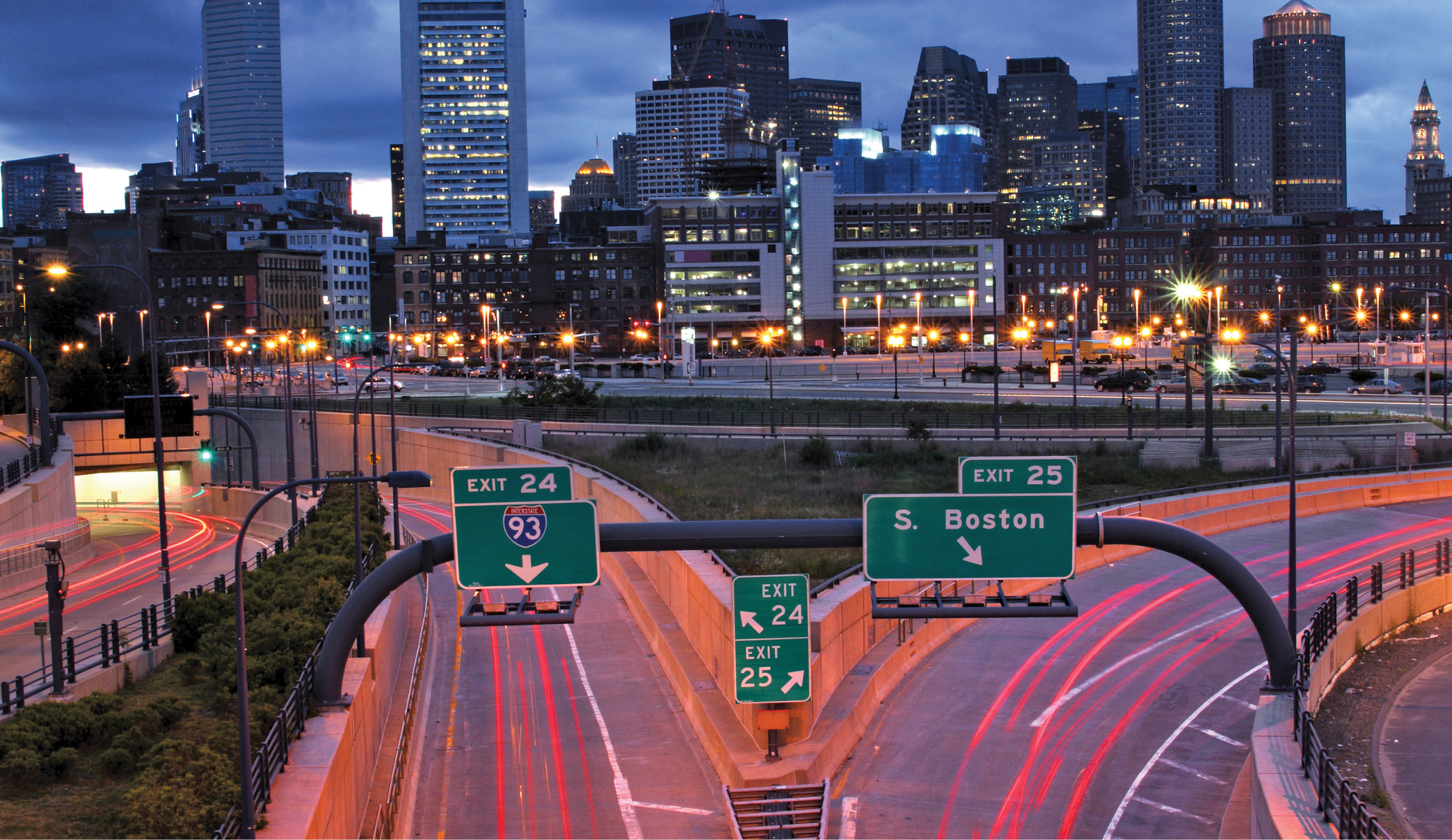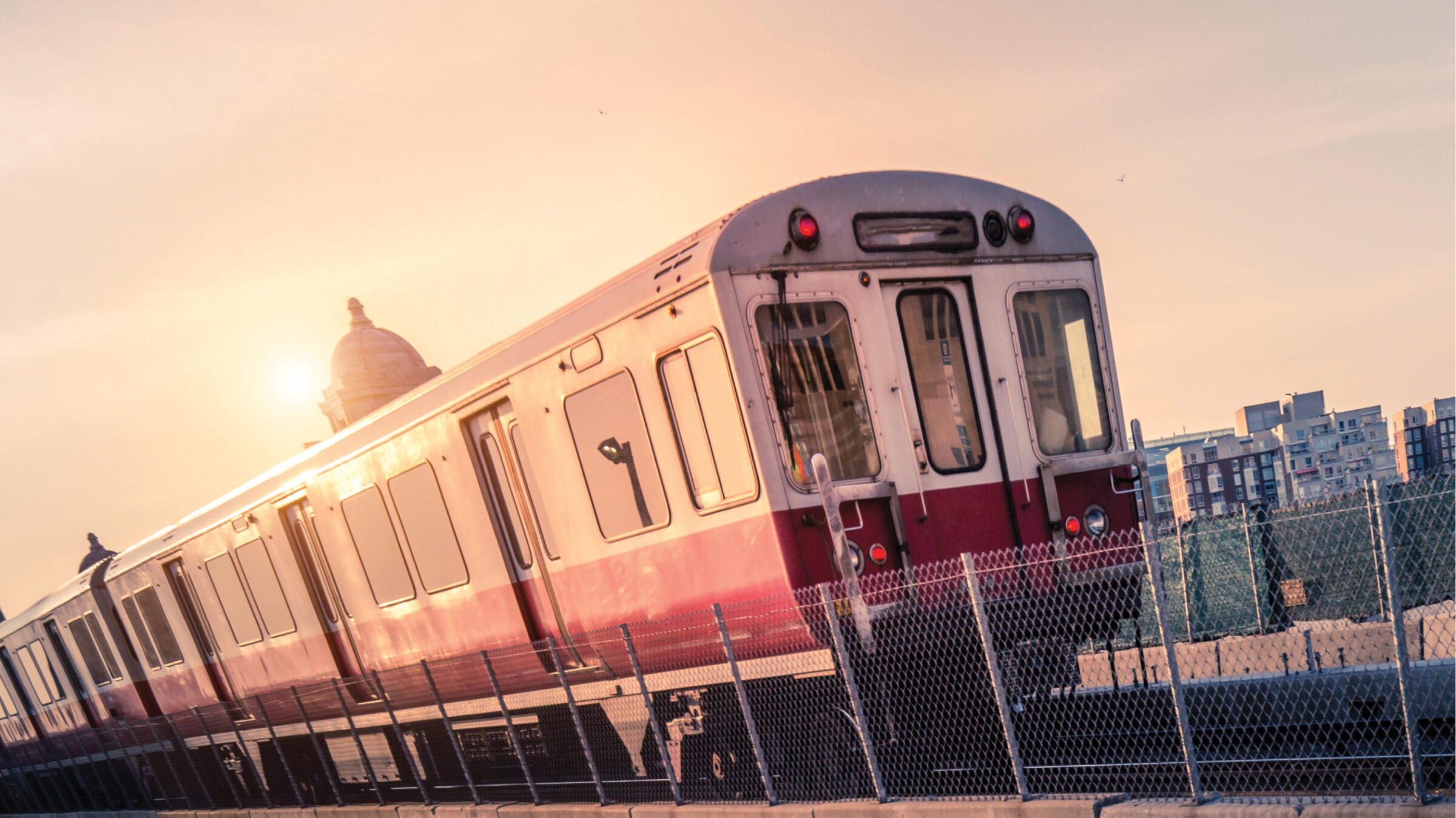Little-known fact — Boston is the birthplace of public transit in America. The first subway tunnels are still in use today, and people continue to take ferries into the city like they did in 1631.
After all this time, it’s not surprising that Massachusetts embarked on a gigantic initiative to enhance its public transit systems, including airports, ports, commuter trains, the subway (referred to as the “T”), buses and roadways.
First, a Little Background
Formed as a state agency in the 1960s, The Massachusetts Bay Transportation Authority (MBTA) integrated existing railroads into one comprehensive public transit system to better serve commuters. Since then, the Federal Transit Administration has funded $3.5 billion in improvement projects.
In 2015, after an investigation into issues with the MBTA, then-Gov. Charlie Baker and the Legislature set up The Fiscal and Management Control Board (FMCB) to oversee and improve the finances, management and operations of the MBTA.
The FMCB 2016 annual report cited “immediate improvements for riders” as one of its top priorities, along with developing a long-term MBTA strategic plan. And that’s exactly what they did.

© Denis Tangney Jr. via Canva.com
Fast Forward to Today
The MBTA instituted a 5-year capital investment plan of $9.6 billion to renovate stations, modernize fare collection systems, upgrade services for buses, subways and ferries, and improve the accessibility of the entire system. Today, the MBTA is one of the largest public transit systems in the country, serving nearly 200 cities and towns and more than 1 million daily riders.
“We have unprecedented opportunities ahead of us, whether it’s making MBTA service safer, more reliable, and more equitable, advancing critical capital investments, or expanding transportation options for the public.”
— Gina Fiandaca, Transportation Secretary and CEO of MBTA, Feb. 7, 2023
Transportation Secretary and CEO Gina Fiandaca told reporters on Feb. 7, 2023: “We have unprecedented opportunities ahead of us, whether it’s making MBTA service safer, more reliable, and more equitable, advancing critical capital investments, or expanding transportation options for the public. We are grateful to municipal leaders, members of the Massachusetts Congressional delegation, and other officials for their partnership as we take steps to make system-wide improvements at the MBTA.”
MBTA projects are only part of the story. The Massachusetts Port Authority (Massport), which owns and operates Boston Logan International Airport, public terminals in the Port of Boston, Hanscom Field and Worcester Regional Airport, have also received transportation funding from the Bipartisan Infrastructure Law (BIL).
For example, Boston Logan International Airport received a $62 million grant last year as part of the BIL funding. The grant was the largest amount awarded to any major U.S. airport and will be used to improve Terminal E and critical terminal area roadways.
In a September 2022 Massport news release, Congresswoman Lori Trahan said, “When we passed the Bipartisan Infrastructure Law, we did so knowing it would improve the lives of every person across the Commonwealth. I’m proud to announce this new round of investments in Logan and look forward to seeing the good-paying jobs it helps create.”
Another nearly $850 million will go toward infrastructure projects to modernize Conley Terminal at the Port of Boston. The Port generates $8.2 billion in annual economic impact and supports over 66,000 jobs. As the only full-service container terminal in New England, Conley enables more than 2,500 businesses throughout the Commonwealth and New England to ship and receive products globally.
Residents of the state also have access to transportation through regional airports, typically within a 45-minute drive, smaller deepwater ports, Amtrak, commuter ferry services and a robust Interstate system.
